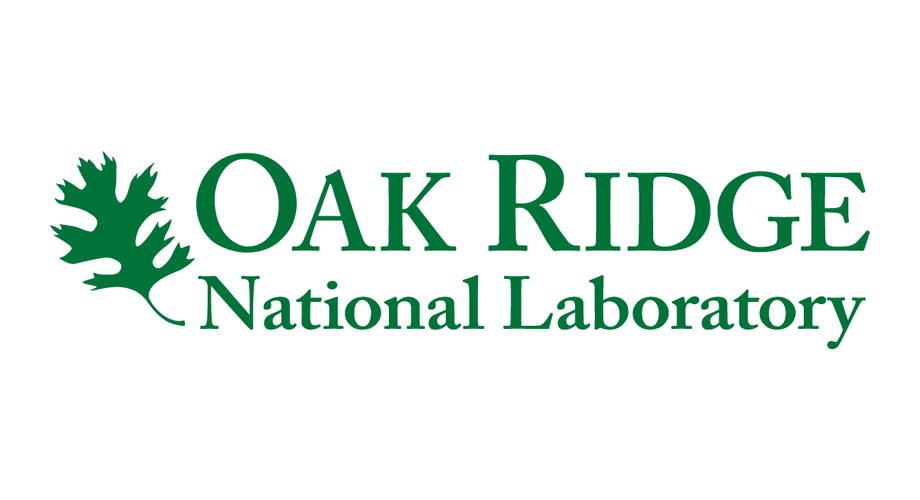Quantum News briefs: March 15, 2024: ORCA Computing, Pixel Photonics, Sparrow Quantum, and NBI Collaborate on ‘SupremeQ’ Eurostar Project; IonQ and DESY Research Highlights Quantum’s Potential Benefits for Airport Flight Gate Optimization; Oak Ridge National Laboratory Researchers Achieve Quantum Key Distribution for Cybersecurity in Novel Experiment; and MORE!

Quantum News Briefs: March 15, 2024:
ORCA Computing, Pixel Photonics, Sparrow Quantum, and NBI Collaborate on ‘SupremeQ’ Eurostar Project
![]()
In a significant collaboration, ORCA Computing, Pixel Photonics, Sparrow Quantum, and the Niels Bohr Institute (NBI) have launched the Eurostar project ‘SupremeQ.’ This initiative marks a significant step forward in the photonic quantum computing field, accelerating development and commercialization to achieve quantum advantage. Funded by Eurostars, a program supporting SMEs in innovation, SupremeQ brings together leading experts from the UK, Germany, and Denmark. It combines Sparrow Quantum and NBI’s single-photon sources, Pixel Photonics’ detectors, and ORCA Computing’s photonic quantum computing system architecture. The project seeks to address the quantum computing market’s rapid growth, forecasted to reach $6.5 billion by 2030. By integrating advanced components within a unified system, SupremeQ aims to reduce complexity and costs, driving photon processing efficiency and system integration innovations. The consortium’s leaders have expressed their enthusiasm for the project’s potential to redefine quantum computing and its applications, highlighting the collaborative effort’s role in pushing the boundaries of technology and fostering widespread adoption across industries.
IonQ and DESY Research Highlights Quantum’s Potential Benefits for Airport Flight Gate Optimization
![]()
IonQ, a leader in the quantum computing industry, has unveiled promising early results from its collaboration with the German research center Deutsches Elektronen-Synchrotron (DESY) in utilizing quantum computing for combinatorial optimization problems, specifically in optimizing flight-gate assignments at airports. Using ‘logarithmic-linear encoding’ on IonQ’s Aria system, the innovative approach could significantly improve efficiency by minimizing passenger and aircraft turnaround times while increasing the number of planes serviced per gate daily. This work, set to expand to other IonQ systems like Forte and Tempo, underlines quantum computing’s capability to solve complex optimization problems across various industries, from manufacturing to logistics. Peter Chapman, CEO of IonQ, highlighted the broad applicability and transformative potential of quantum computing in addressing multifaceted challenges that classical computing struggles with. The collaboration with DESY, alongside IonQ’s other partnerships in sectors like automotive and aviation, demonstrates the company’s commitment to advancing quantum computing applications across industries.
Oak Ridge National Laboratory Researchers Achieve Quantum Key Distribution for Cybersecurity in Novel Experiment

Researchers at the Department of Energy’s Oak Ridge National Laboratory (ORNL) have taken a significant leap forward in quantum-based cybersecurity by successfully demonstrating its application over a deployed fiber link. This achievement, reported at CLEO 2023, builds on a foundational experiment from 2015, marking a pivotal advancement from proof-of-principle to real-world application. The team showcased the transmission of a quantum signal for quantum key distribution (QKD), a method ensuring secure communication, over ORNL’s fiber-optic network using a novel approach incorporating a true local oscillator. This method significantly mitigates noise interference from other data in the network, allowing quantum and conventional data signals to coexist harmoniously. The technique utilizes continuous variables of photons, enhancing compatibility with existing communications infrastructure and offering a scalable solution for integrating advanced cybersecurity features into current systems. This breakthrough paves the way for wider QKD adoption, promising enhanced data transmission security without the need for substantial new infrastructure investments. The research underscores the potential for quantum technologies to revolutionize information security, leveraging quantum mechanics principles to safeguard communications against eavesdropping.
In Other News: The Register article: “From quantum AI to photonics, what OpenAI’s latest hire tells us about its future”

Quantum computing, long seen as a decade away, is now being eyed by industry leaders like OpenAI as a solution to the escalating computational demands of artificial intelligence (AI), says a recent the Register article. The need for computational resources is skyrocketing as AI models grow in complexity and size, with some like GPT-4 rumored to exceed a trillion parameters. OpenAI’s recent hiring of Ben Bartlett, a former quantum systems architect at PsiQuantum, signals a strategic interest in leveraging quantum computing’s potential to optimize AI training and possibly scale beyond current semiconductor limitations. Bartlett’s work, which involves designing photon pathways for computations, hints at innovative approaches to enhancing AI efficiency through quantum optimization and exploring quantum processing units (QPUs) for complex tasks. This quantum pivot could enable OpenAI to address the increasing parameter count without proportional increases in computational costs, tapping into quantum computing’s ability to handle optimization problems and possibly integrate quantum dynamics into AI training and data processing, pointing towards a future where quantum advancements bolster AI’s development and deployment at scale.
In Other News: Investor Place article: “Wall Street Favorites: 3 Quantum Computing Stocks with Strong Buy Ratings for March 2024”
![]()
Quantum computing stocks are poised for significant growth, fueled by optimism in the U.S. economy and the sector’s projected CAGR of 48.1%, reaching $6.5 billion by 2028, according to a new Investor Place article. Companies like Alphabet (GOOG, GOOGL), IBM, and Honeywell (HON) are leading this surge. Alphabet’s continuous over-performance on earnings estimates and its venture into quantum computing and cryptography position it as a strong buy. With its revolutionary Qiskit Runtime service and the largest quantum computing fleet, IBM demonstrates substantial growth and revenue increases, suggesting it’s a must-buy stock. Honeywell, benefiting from its realignment towards technology-driven sectors and significant annual growth, shows promise for expansion. Each company’s strategic moves in quantum computing and AI indicate a bright future for investors looking to capitalize on the next wave of technological advancements.



















